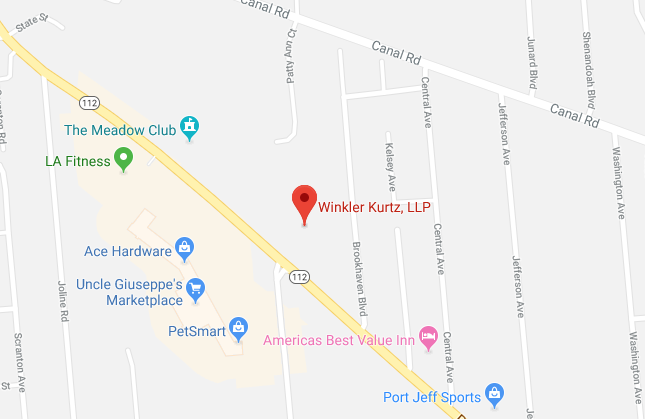Wills and trusts are vital components of good estate planning. Although both share the ultimate goal of distributing your property after you die, each has its own unique advantages and disadvantages.

Wills
A will is a formal way of declaring how you would like your property to be dealt with after your death. It covers any property that is in your name only, and goes into effect when you die. Because probate proceedings are public, your will becomes part of the public record.
Why You Need a Will
If you have an opinion over who will take your money, property, and children if you die, then you need a will. Having a will also helps to minimize any conflicts between your surviving family members over your estate. You can also use your will to:
- Disinherit people who would otherwise stand to receive a part of your estate, such as an estranged family member or an ex-spouse
- Donate part of your estate to charity
- Name a guardian for your children
- Designate who will take care of your pets
What Happens if You Die Without a Will?
When a person dies without a will, he or she is considered to have died “intestate.” In this situation, the decedent’s estate is divided under New York State’s intestacy laws. These are laws of succession that determine who gets a portion of the assets and in what order, and they depend on the relationships of surviving family members to the deceased:
- Spouse, no children: the surviving spouse inherits the estate
- Children, no spouse: the surviving children inherit the estate
- Spouse and children: the surviving spouse receives the first $50,000 of the estate, and then splits the remainder with the children
If the deceased is not survived by a spouse or children, the estate will go to other family members, such as parents, siblings, nieces, or nephews. If the deceased has no surviving family members, the State of New York will receive the estate.
What Doesn’t a Will Do?
Although a will is a crucial document in estate planning, it does have some limitations. The following are some examples of things a will cannot do:
- Leave money to pets
- Arrange for long-term care of a person
- State funeral preferences
- Leave property held jointly with others
Trusts
There is a common misconception that trusts are only for the extremely wealthy. That is most definitely not the case. Trusts boast a number of advantages, including:
- Faster distribution of assets, because trusts do not pass through probate
- Confidentiality
- The ability to designate trust funds to support yourself, should you become disabled
What is a Living Trust?
A living trust is a document that permits you to place assets into the ownership of a trust while you are still living. You may continue to use those assets during your lifetime even though they are owned by the trust.
Living trusts have become extremely popular because they offer a number of benefits. Because a living trust does not have to go through probate, it avoids the extra costs and delays associated with probating a will. The property in a living trust can be distributed soon after your death, or at a later date of your choosing, such as when children reach a certain age or on a beneficiary’s birthday.
Remember that a living trust only controls the assets that you transfer into it. If you forget something, it will not be distributed according to your wishes. This is why most estate attorneys recommend that you also have a will to govern the distribution of any assets that are not part of your trust.
Get Help from an Experienced Will and Trust Attorney
Estate planning can be complicated, but it doesn’t have to be overwhelming. When you are ready to begin crafting your estate plan, contact the law offices of Winkler Kurtz, LLP for expert advice and dedicated representation. With over 30 years of experience guiding clients through the establishment of wills and trusts, our Long Island will and trust lawyers have the knowledge and skill to protect and preserve your assets. Please contact our office today at 631-928-8000 or contact us online to set up a complimentary initial consultation.
